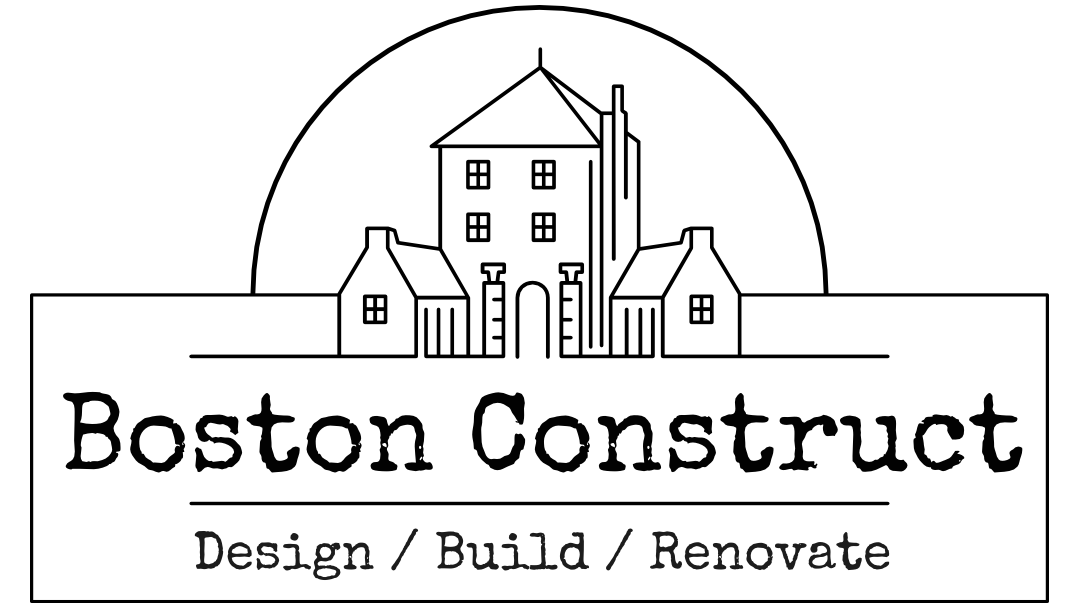The Influence of Universal Design in Custom Homes: Accessibility Meets Style and Functionality
Universal design is an innovative approach to designing spaces that accommodate the diverse needs of individuals spanning all ages, abilities, and life stages. Boston Construct, a leading design-build custom home and construction services company in the heart of Boston, is dedicated to helping clients create custom homes that embrace the principles of universal design. With a strong focus on combining accessibility, style, and functionality, our custom home designs foster a warm and inclusive living environment, ensuring that your living spaces can be enjoyed by every member of your family, as well as your guests.
In this insightful blog post, we will delve into the core principles of universal design and explore how incorporating these concepts can lead to a custom home design that is not only visually appealing and functional but also accessible and welcoming to all. By understanding the principles of universal design, you can create a custom home that effectively caters to a wide range of needs and preferences, providing a living environment that promotes inclusivity, comfort, and genuine connection.
The Fundamentals of Universal Design
Universal design is founded on seven primary principles, each aimed at promoting accessible, flexible, and user-friendly living spaces. By incorporating these principles into your custom home design, you can create an inclusive living environment that caters to people of varying abilities, ages, and life stages:
1. Equitable Use: Design spaces that are user-friendly and accessible to all individuals, regardless of their abilities or limitations.
2. Flexibility in Use: Create adaptable spaces to accommodate a wide range of preferences, abilities, and life stages.
3. Simple and Intuitive Use: Ensure that the design is easy to understand and navigate, regardless of the user's experience or knowledge.
4. Perceptible Information: Design elements should provide clear and concise information to help users navigate and understand various features.
5. Tolerance for Error: Minimize hazards and adverse consequences in case of accidental or unintended actions by users.
6. Low Physical Effort: Design spaces that require minimal physical effort to use and enjoy.
7. Size and Space for Approach and Use: Ensure that spaces are roomy and accessible, allowing individuals of all abilities to comfortably navigate and use various features.
Integrating Universal Design into Your Custom Home
To incorporate the principles of universal design into your custom home project, partner with a knowledgeable design-build team that understands the intricacies of creating accessible and accommodating living spaces. At Boston Construct, our team can help you effectively integrate universal design features while maintaining a visually appealing and functional home:
- Accessible Entrances: Design entryways with no-step entries and wide doorways to accommodate varying mobility levels.
- Open Floor Plans: Create spacious, open-concept living spaces that promote easy circulation and interaction among occupants.
- Multiple Kitchen Configurations: Opt for adjustable or varied counter heights, pull-out storage solutions, and user-friendly appliances to cater to different preferences and abilities.
- Accessible Bathrooms: Incorporate features such as curbless showers, grab bars, adjustable showerheads, and spacious layouts for ease of use and accessibility.
Innovative Home Technologies for Universal Design
Incorporating advanced home technologies can further enhance the accessibility and inclusiveness of your custom home design. Leveraging cutting-edge solutions can provide convenience and support for occupants with varying needs:
- Smart Home Technology: Integrate home automation systems that allow users to control lighting, climate, security, and entertainment features through voice commands or mobile devices.
- Adjustable and Motorized Cabinetry: Incorporate motorized cabinets that can be raised or lowered, providing easy access to storage for users with varying mobility levels.
- Alert Systems: Install visual alarm systems and flashing doorbells to assist occupants with hearing impairments in staying aware of events within the home.
- Touchless Features: Use automated faucets, doors, and lighting to minimize physical effort and prevent the spread of germs.
Emphasizing Aesthetics in Universal Design
Universal design does not have to compromise aesthetics or style. By choosing elegant, contemporary fixtures and finishes, you can create a custom home that is not only accessible but also visually appealing and cohesive:
- Select modern, stylish fixtures such as grab bars, lever door handles, and rocker light switches that seamlessly blend with your home's interior design.
- Opt for sleek flooring materials that are not only beautiful but also slip-resistant and easy to maintain.
- Customize your home's lighting design to not only enhance visibility but also create a warm, inviting atmosphere.
Creating a Universally Designed Future with Boston Construct
By incorporating the principles of universal design into your custom home, you can create an inviting, accessible, and stylish living environment that meets the diverse needs of your family and guests. With the expert guidance of the Boston Construct design-build team, you can achieve a living space that gracefully merges accessibility, functionality, and aesthetic appeal.
Partner with Boston Construct to explore the possibilities of integrating universal design into your custom home project. Reach out to our experienced Boston home builders today to begin the journey toward creating an inclusive and well-designed living environment that welcomes individuals of all abilities, ages, and life stages.

